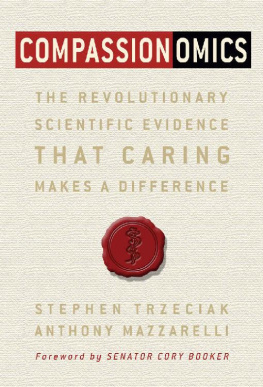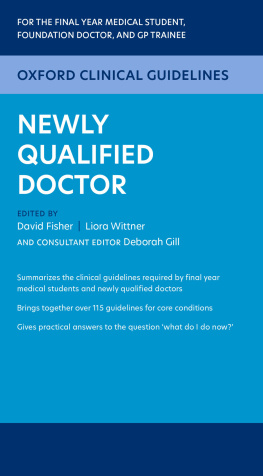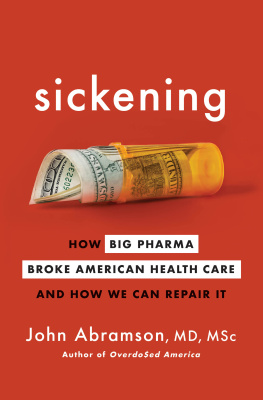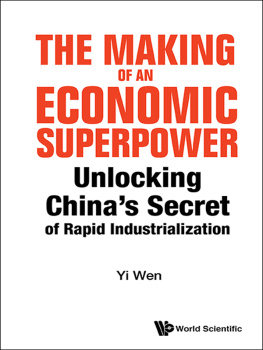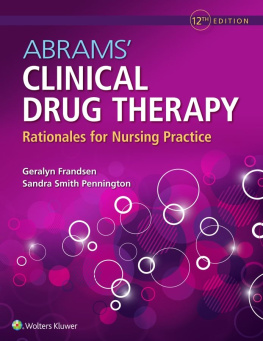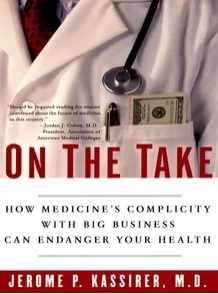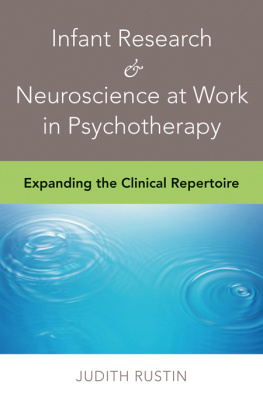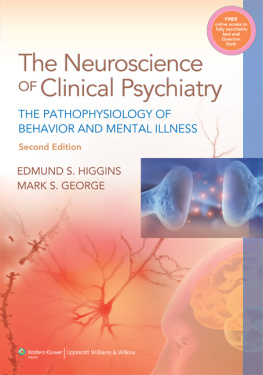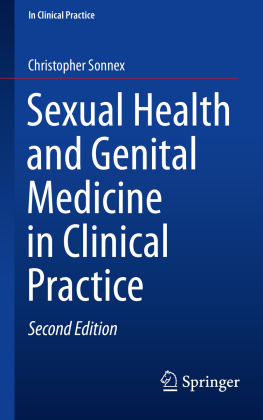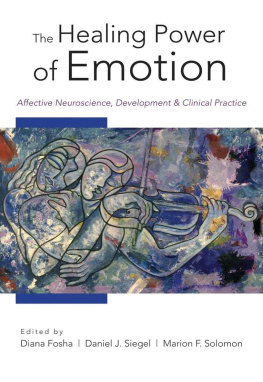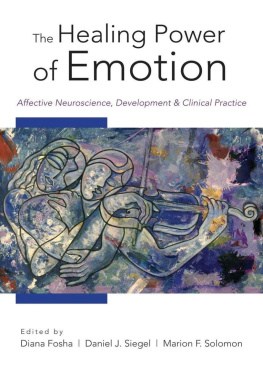Stephen Trzeciak - Wonder Drug
Here you can read online Stephen Trzeciak - Wonder Drug full text of the book (entire story) in english for free. Download pdf and epub, get meaning, cover and reviews about this ebook. publisher: St. Martins Publishing Group, genre: Politics. Description of the work, (preface) as well as reviews are available. Best literature library LitArk.com created for fans of good reading and offers a wide selection of genres:
Romance novel
Science fiction
Adventure
Detective
Science
History
Home and family
Prose
Art
Politics
Computer
Non-fiction
Religion
Business
Children
Humor
Choose a favorite category and find really read worthwhile books. Enjoy immersion in the world of imagination, feel the emotions of the characters or learn something new for yourself, make an fascinating discovery.

- Book:Wonder Drug
- Author:
- Publisher:St. Martins Publishing Group
- Genre:
- Rating:4 / 5
- Favourites:Add to favourites
- Your mark:
- 80
- 1
- 2
- 3
- 4
- 5
Wonder Drug: summary, description and annotation
We offer to read an annotation, description, summary or preface (depends on what the author of the book "Wonder Drug" wrote himself). If you haven't found the necessary information about the book — write in the comments, we will try to find it.
Wonder Drug — read online for free the complete book (whole text) full work
Below is the text of the book, divided by pages. System saving the place of the last page read, allows you to conveniently read the book "Wonder Drug" online for free, without having to search again every time where you left off. Put a bookmark, and you can go to the page where you finished reading at any time.
Font size:
Interval:
Bookmark:
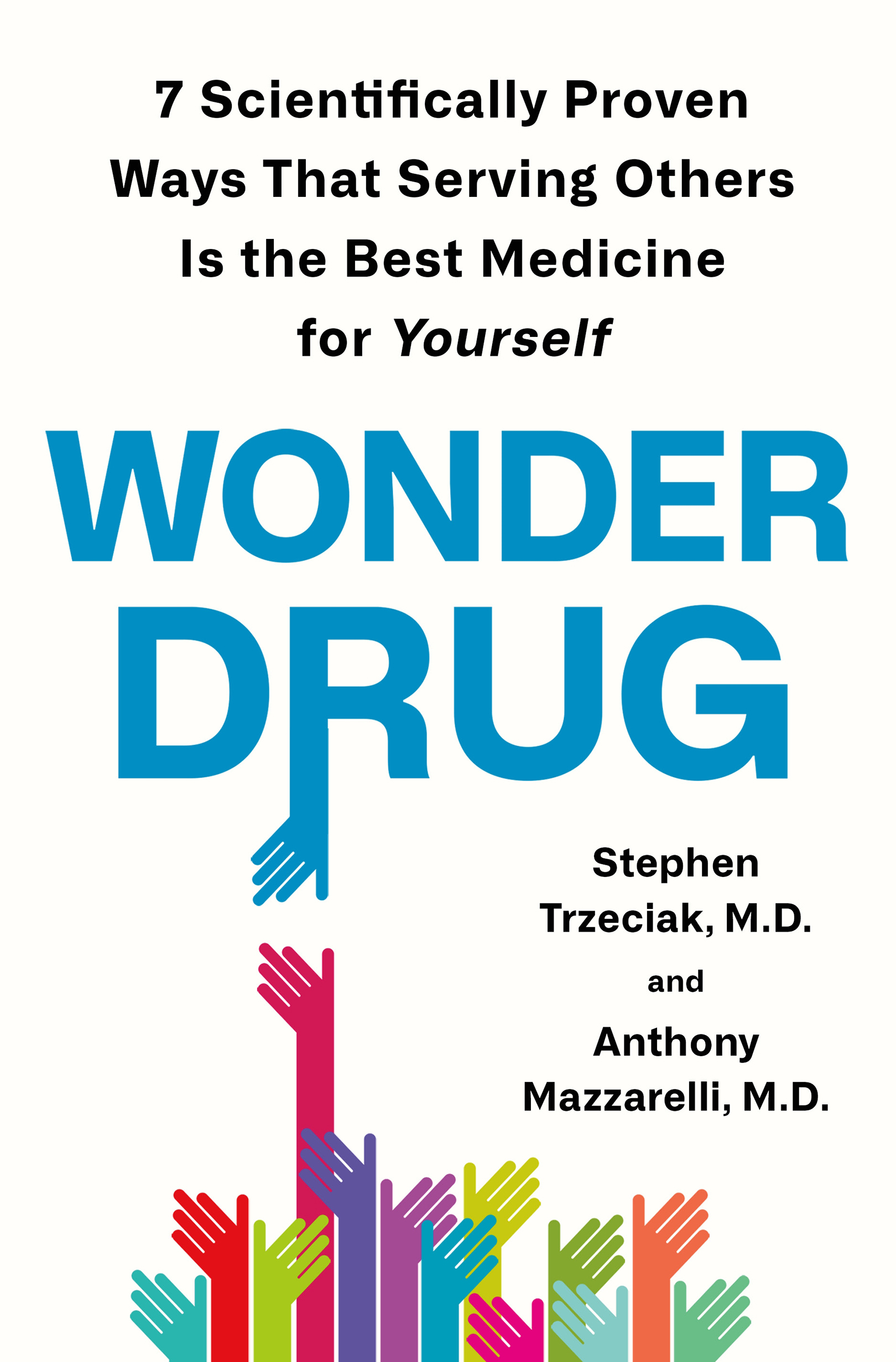

The author and publisher have provided this e-book to you for your personal use only. You may not make this e-book publicly available in any way. Copyright infringement is against the law. If you believe the copy of this e-book you are reading infringes on the authors copyright, please notify the publisher at: us.macmillanusa.com/piracy.
For our children
Without data, you are just another person with an opinion.
W. Edwards Deming
Anthony Mazzarelli here. But call me Mazz.
In 2013, I became the chief medical officer (CMO) of Cooper University Health Carean academic health care system that includes an affiliated medical school, flagship hospital, a Level 1 trauma center, and one hundred other sites in southern New Jersey, now with $1.6 billion in annual revenue and around 8,500 employees. I was thirty-eight years old, which seems impossibly young in hindsight. Needless to say, Id never been a CMO before, and Cooper had never had a practicing emergency medicine physician in the position before either. My qualifications were my experience as a doctor at the hospital, my law degree, and, I think, my ability to get along with others. I knew going in that the CEO and the board had taken a chance on me, and I dearly hoped theyd put their faith in the right person.
Shortly thereafter, in 2014, the CEO told me that shed hired a top consulting company that deals with employee and physician engagement and patient satisfaction. Theyre the best, and theyre going to help us, she said.
I was all for it. Im not going to refuse help when its offered. So I met with the consultants and they gave me a list of things that we had to get our then five hundred physicians to do to make improvements. I remember jotting down say thank you, introduce yourself, listen more, dont interrupt, and nod a lot. Boiled down, the message was that our faculty needed to show more compassion and to connect with patients and one another.
I listened and nodded (and didnt interrupt once ) through the presentation, but the whole time, I was thinking, Im never going to be able to get the physicians to do this mushy stuff. Apologies to doctors, but were not always known for our soft skills or at least not known for changing our ways with those niceties. (I can practically hear my medical school professors who believed customer service wasnt their responsibility, saying, Thats what nurses and social workers are for.) Our faculty were academic types, doctors whod been doing it their way for thirty-plus years and, as the faculty of our medical school, have been teaching others that same way. If I gave them the new mandate, many, if not most of them, would roll their eyes and say, Im already compassionate or What a waste of time and energy. Theyd brush away the advice of this consulting group like lint off their shoulders.
Compassion: recognizing the suffering of others and then taking action to help.
When I started medical school, compassion wasnt explicitly part of our curriculum. It wasnt the title of any lecture. It wasnt the answer on any test. As a student and as a doctor, I learned about compassion in the halls and patient rooms of our hospital. Ive seen its power but felt its effects most deeply when I was on the other side of the equation.
In 2013, my pregnant wife, Joanne, and I rushed to the obstetrics (OB) department at Cooper in a panic. Joanne, a cardiologist, and I had reason to worry. Even though she was full term, days away from her due date, she hadnt felt the baby move for hours. The nurse tried to find the heartbeat and couldnt, but she never let on that she was worried. She remained calm and spoke to us in a soothing voice.
The OB physician came in rolling an ultrasound machine with her and introduced herself with the same calming, reassuring tone, somewhere between I know this might be really bad and Everythings going to be okay. It seemed to strike the right balance, which was: Youre in the right place, and youre going to get the right care for right now.
But it wasnt going to be okay. Using the best technology we had, the physician couldnt find a heartbeat either. Its probably the hardest job an OB doctor has, telling the expectant parents that their worst nightmare was their new reality. My wife was pregnant with a fully formed baby, and there was no sign of life.
Ill never forget the absolute sorrow at that moment. Id been in the exact same situation as a caregiver, but it was entirely different to be on the other side of it, to say the least. I have relived it hundreds, if not thousands, of times in my mind since, and Ill never forget or stop appreciating the compassion shown to us on that day. It reverberates and revisits and is more powerful than people (including doctors) realize. Every carefully chosen word, the reassuring tones, comforting touches, even the moment of silence when hope was lost, mattered deeply to us. It matters still. It will always matter. The pain of our loss is forever intertwined with gratitude, and it helps. When all is bleak, you search for any small light and focus on it.
Patients and families may not remember a doctors or nurses name or face, but they will remember the smallest comforts we offer. Those moments are part of the story. Kenneth B. Schwartz, cancer patient and founder of the Schwartz Center for Compassionate Healthcare in Boston, said that compassion makes the unbearable bearable.
If I hadnt had the experience of losing a son, would I be as convinced that compassion always matters? I cant say. But I knew I approved of the consultants recommendations, and that I needed to get our entire health care system on board. On a human level, I hoped to lead a team that always gave patients and their families the same care and compassion that my wife and I received that day. I also had a business mandate to make our system more efficient and profitable. Lets face it: the bottom line does matter. And if compassion could help us be more profitable, itd be a win-win. The powers that be at Cooper believed it would. They expected me, their brand-spanking-new CMO, the youngest on record, to make it happen. If I didnt, they might want to kick themselves for hiring me.
I had a simple solution to a complicated problem: call Steve.
I wish that all of lifes problems could be solved by calling Stephen Trzeciak (maybe they can?). This one definitely would. Along with being the co-author of this book, Steve is an intensivist (intensive care specialist) and was the head of critical care medicine at Cooper. His reputation as the science guy is well earned; he was our number-one National Institutes of Health (NIH) research grant recipient, the most published faculty member, our star researcher, our very own Super Nerd. Not only that, when I was just out of med school and a resident (a doctor in training) at Cooper, Steve was my attending physician (my teacher). We went way back. But even if we didnt have a professional history and friendship, I would have gone to him first to solve this problem.
My logic was, Who else can turn the minds of our academic staff but its most academic member? If Steve could harness his nerd power and get an avalanche of research that proved compassion would make our system run better than it had in decades, wed have a stronger leg to stand on than just the consultant said so. I knew we had very strong physician leaders across the health system who would follow the data and lead their people to do the same. My intention was to weaponize scientific evidence. We had to build a data bomb and drop it on the doubters. Steve would be our Oppenheimer.
Font size:
Interval:
Bookmark:
Similar books «Wonder Drug»
Look at similar books to Wonder Drug. We have selected literature similar in name and meaning in the hope of providing readers with more options to find new, interesting, not yet read works.
Discussion, reviews of the book Wonder Drug and just readers' own opinions. Leave your comments, write what you think about the work, its meaning or the main characters. Specify what exactly you liked and what you didn't like, and why you think so.

